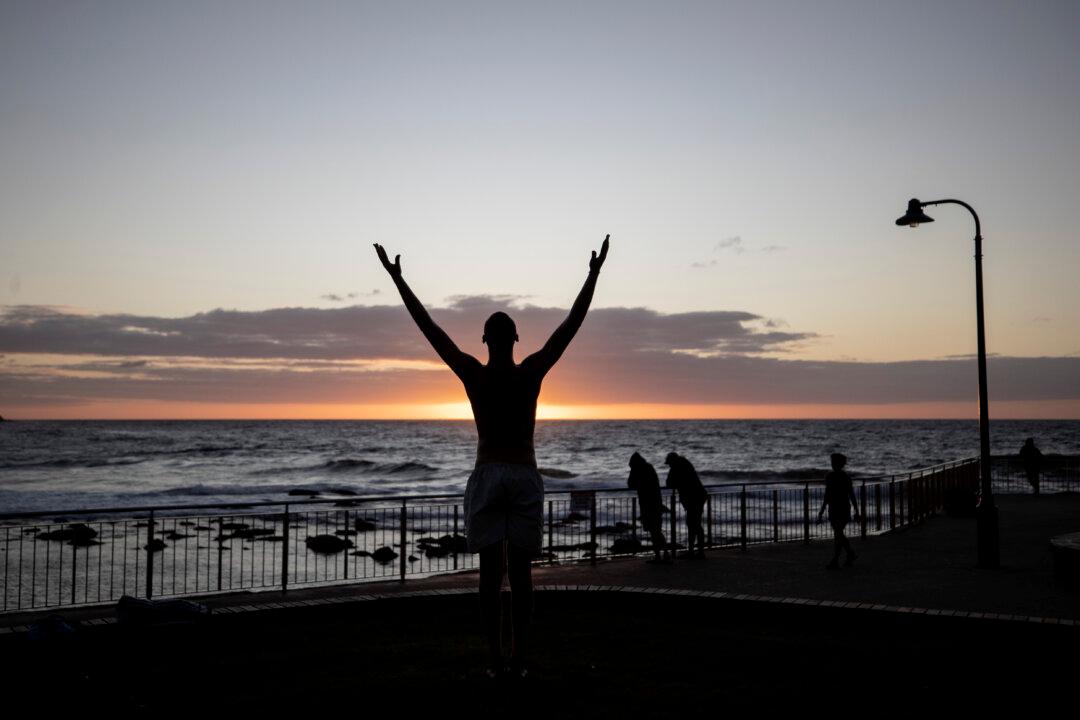South Australia (SA) has now gone five days with zero new cases of the CCP virus—a milestone since the outbreak began.
The state has had a total of 438 cases, and health officials said 95 percent of these cases have recovered with just 20 active cases remaining. A 68-year-old man and a 75-year-old man, remain in a critical condition.





